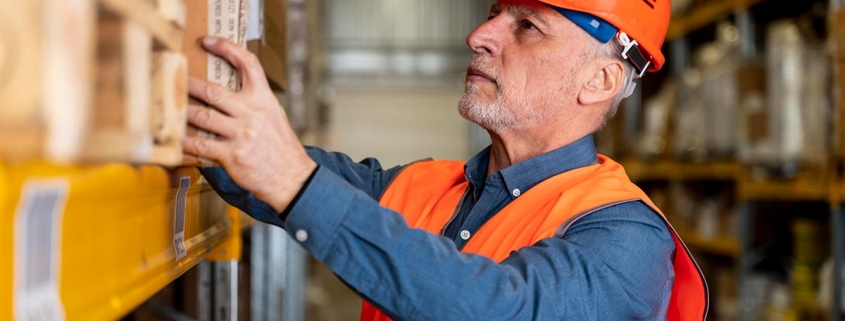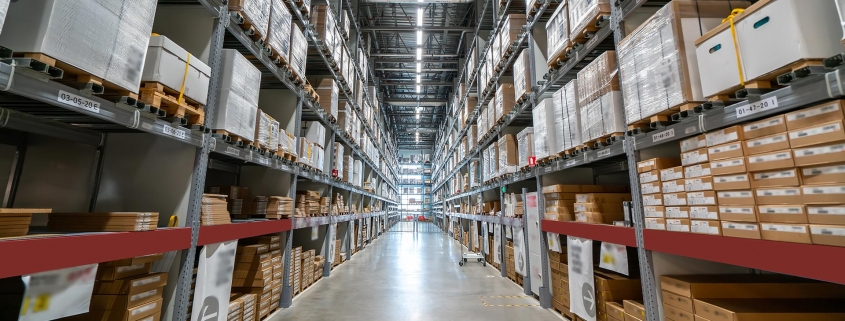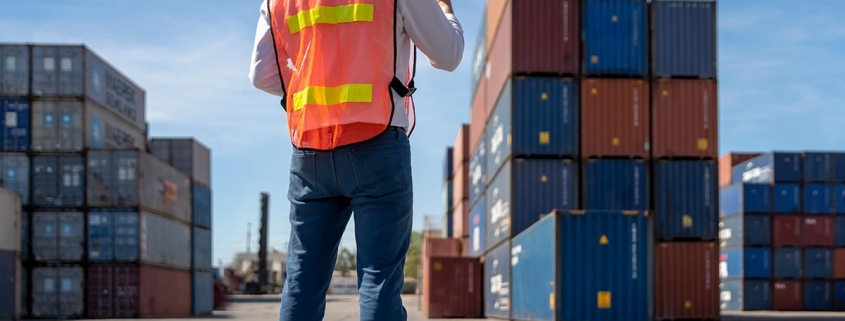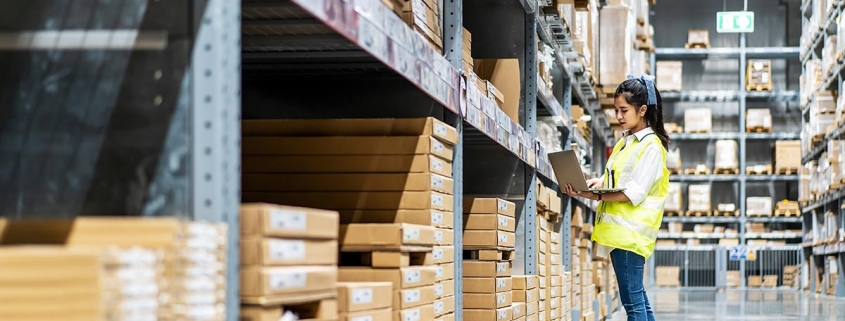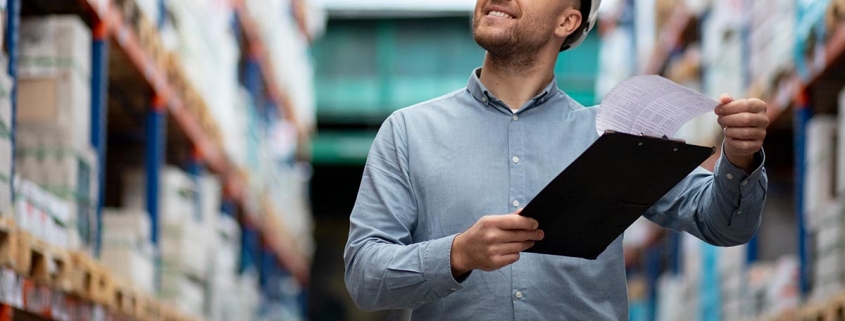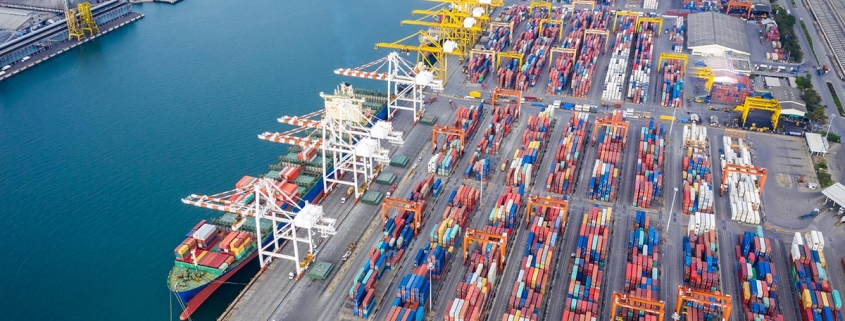? #SmartSupplyChain #LogisticsTraceability #InternationalLogistics
Hello, everyone! Today, we’re going to explore how smart supply chains are enhancing traceability in international logistics.
As the complexity of global supply chains increases, tracking the whereabouts and condition of goods becomes paramount. Smart supply chain technologies, employing innovations like IoT sensors and blockchain, make all of this possible.
This means you can precisely trace every step of a product’s journey from production to delivery. It not only enhances the security of goods but also aids in swiftly addressing issues like goods getting stuck or damaged.
Moreover, for international logistics, tariff compliance and quality control are critical concerns. Smart supply chain technologies can provide accurate data to help meet various international regulatory requirements.
So, smart supply chains not only boost the efficiency of international logistics but also offer a higher level of traceability, which is crucial for modern global trade.
Let’s delve deeper into how smart supply chain technologies are improving traceability in international logistics, bringing more innovation and transparency to global logistics.
#SmartSupplyChain #LogisticsTraceability #InternationalLogistics

